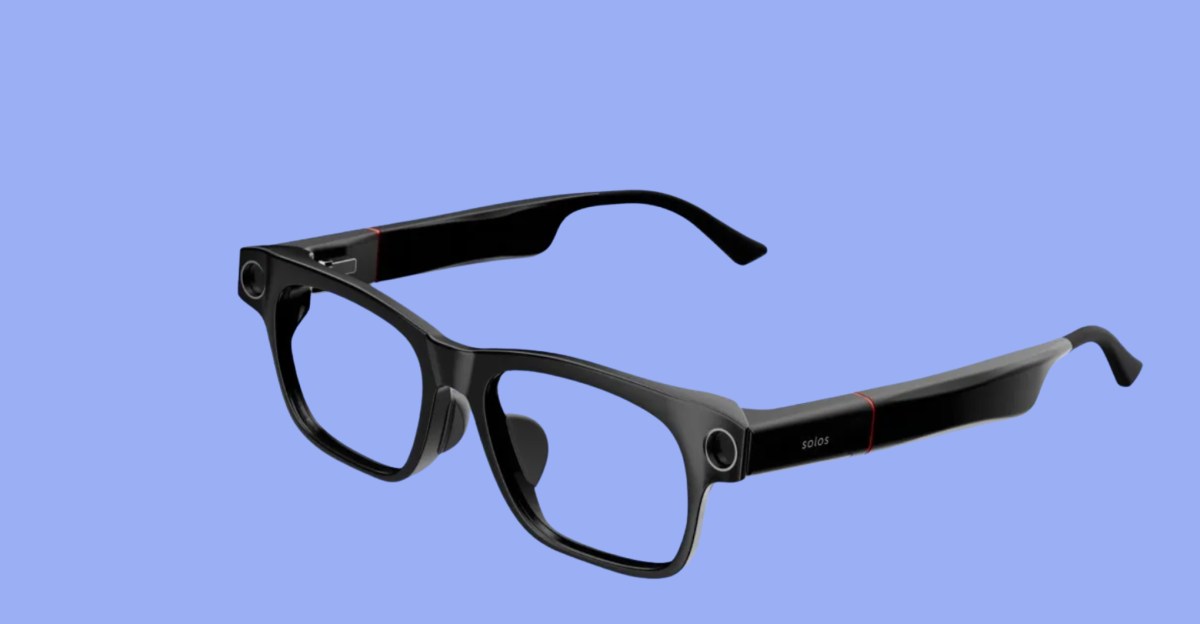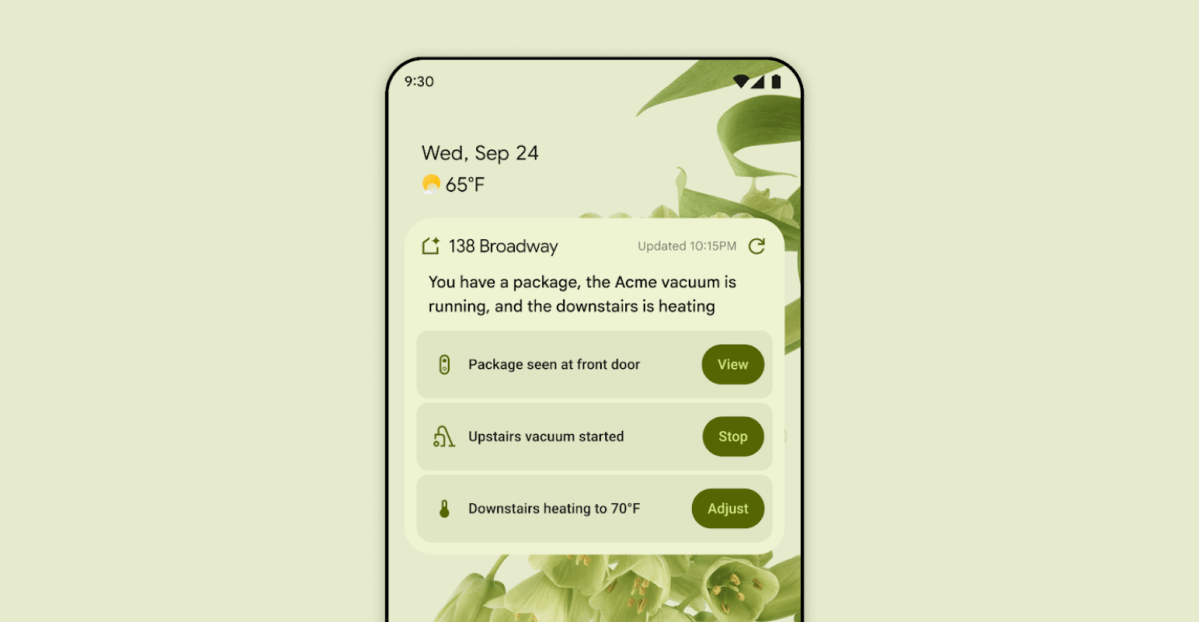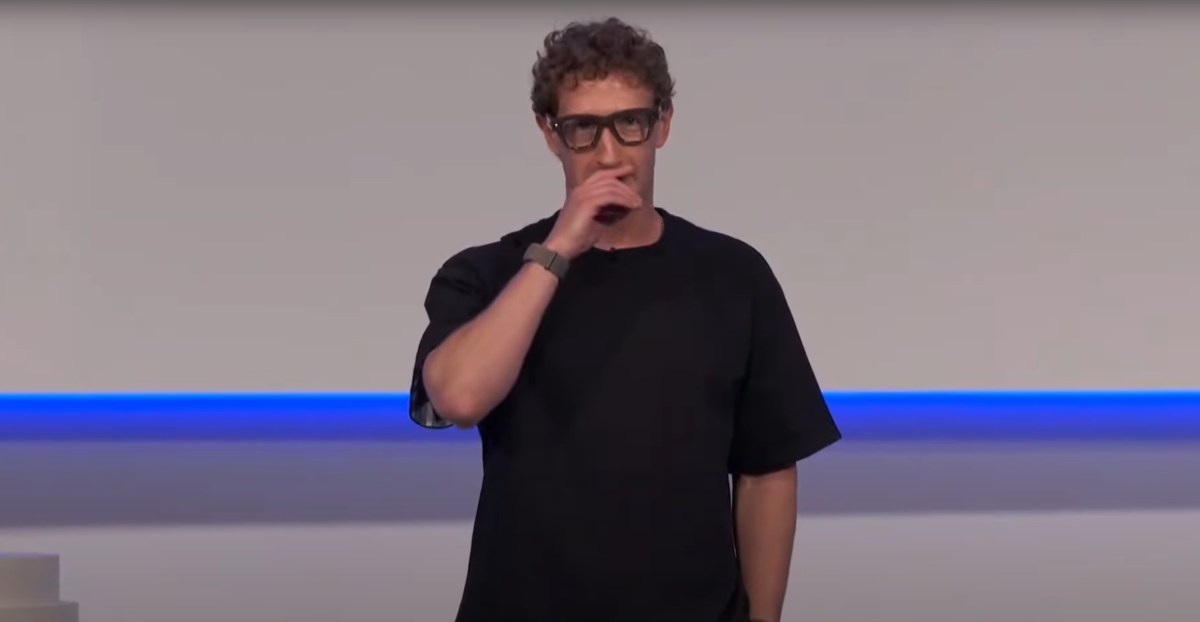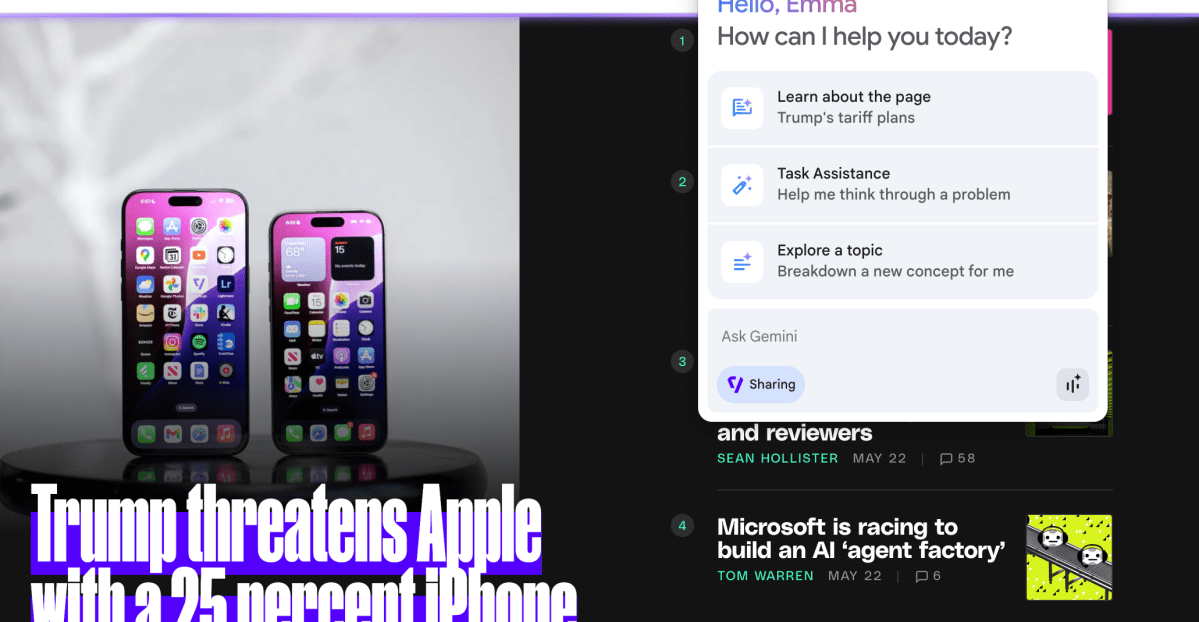
Envision and Solos unveil Ally Solos Glasses with AI for blind and low-vision users
Sources: https://www.theverge.com/news/759160/ally-solos-smart-glasses-ai-envision-low-vision, theverge.com
TL;DR
- Envision and Solos partner to launch Ally Solos Glasses, AI-powered assistive eyewear designed for blind and low-vision users.
- The camera-equipped glasses read and translate text, describe surroundings, search the web, and recognize people, objects, and signs, delivering audio via open-ear speakers.
- Pre-orders are $399 (discounted from $699); shipping expected October 2025; two sizes (regular/large) and three color options.
- Built on Solos’ AirGo Vision baseline; Ally AI stacks multiple foundation models and connects to the Ally app via Bluetooth.
Context and background
Envision, an accessibility-focused tech company, has teamed up with eyewear maker Solos to introduce a new smart-glasses model designed specifically for blind and low-vision users. The Ally Solos Glasses use cameras and Envision’s AI to describe the world around you, turning visual input into actionable audio guidance. The Verge notes that this product aims to support daily tasks by translating scenes into spoken feedback. The Ally Solos Glasses extend Solos’ prior AirGo Vision line, which Solos launched in December and which provides its own vision-recognition features via OpenAI’s GPT-4o model. In this iteration, Envision replaces GPT-4o with its Ally AI assistant, which relies on a hybrid stack that includes Meta’s Llama, OpenAI’s ChatGPT, Google Gemini, and Perplexity. The glasses connect to the Ally iOS or Android app via Bluetooth for access to the full AI feature set. Shipping for pre-orders is expected in October 2025. The Verge
What’s new
Compared with the prior AirGo Vision glasses, the Ally Solos introduce Envision’s Ally AI to deliver more robust scene interpretation and language-capable features. The system can read and translate printed text in real time, describe objects and surroundings, identify people and signs, and perform web searches to supplement on-device vision. Audio feedback is delivered through open-ear speakers built into the ear stems, so users receive information without obstructing hearing. The hardware retains cameras for vision capture and uses the Ally app to coordinate AI services via Bluetooth. The device is rated IP67 for dust and water resistance and supports USB-C charging for the ear stems, offering up to 16 hours of active use per charge. A full charge takes about 90 minutes, and a 15-minute fast-charge interval can yield roughly three hours of runtime. The pre-order price is $399, discounted from $699, with two frame sizes (regular and large) and color options in black, gray, and brown. (Source: The Verge)
Why it matters (impact for developers/enterprises)
For developers and enterprises focused on accessibility, the Ally Solos Glasses illustrate a path for multimodal AI in wearable form factors. Real-time scene description, text reading/translation, and web search capabilities can enable hands-free access to information in public and workplace environments, potentially improving independence for users with low vision. The Bluetooth link to the Ally app on iOS and Android suggests potential for integration with enterprise workflows that require hands-free data access and contextual assistance in real-world settings. This release also demonstrates how a hybrid AI stack—combining models from Meta, OpenAI, Google, and Perplexity—can be deployed on consumer wearables to support accessibility use cases. The Verge
Technical details or Implementation
| Feature | Details |
|---|---|
| Pre-order price | $399 (discounted from $699) |
| Shipping | October 2025 |
| Battery life (active use) | Up to 16 hours |
| Charging | USB-C ear stems; 90 minutes for a full charge; 15 minutes fast-charge ~3 hours |
| IP rating | IP67 |
| Connectivity | Bluetooth to Ally app on iOS or Android |
| Base platform | AirGo Vision glasses baseline; Ally AI stack combines Meta’s Llama, OpenAI’s ChatGPT, Google Gemini, Perplexity |
| Form factor options | Regular or Large; colors: Black, Gray, Brown |
Key takeaways
- The Ally Solos Glasses fuse camera-based vision interpretation with Envision’s Ally AI for real-time audio feedback.
- They are positioned as a premium option at $399 pre-order, shipping expected October 2025.
- Access to the AI features requires pairing the glasses with the Ally app on iOS or Android via Bluetooth.
- Built on Solos’ AirGo Vision baseline and leveraging a multi-model AI stack, the solution targets the needs of blind and low-vision users.
FAQ
-
What can Ally Solos Glasses do?
They read and translate text, describe surroundings, search the web, and recognize people, objects, and signs, delivering information via open-ear speakers.
-
When will shipping start?
Shipping for pre-orders is expected sometime in October 2025.
-
How long does the battery last and how is it charged?
Up to 16 hours of active use; USB-C charging for ear stems; 90 minutes for a full charge; 15 minutes fast charging provides about three hours of runtime.
-
What’s the price and color options?
Pre-order price is $399 (discounted from $699) with two sizes (regular and large) and colors Black, Gray, and Brown.
References
More news
First look at the Google Home app powered by Gemini
The Verge reports Google is updating the Google Home app to bring Gemini features, including an Ask Home search bar, a redesigned UI, and Gemini-driven controls for the home.
Meta’s failed Live AI smart glasses demos had nothing to do with Wi‑Fi, CTO explains
Meta’s live demos of Ray-Ban smart glasses with Live AI faced embarrassing failures. CTO Andrew Bosworth explains the causes, including self-inflicted traffic and a rare video-call bug, and notes the bug is fixed.
OpenAI reportedly developing smart speaker, glasses, voice recorder, and pin with Jony Ive
OpenAI is reportedly exploring a family of AI devices with Apple's former design chief Jony Ive, including a screen-free smart speaker, smart glasses, a voice recorder, and a wearable pin, with release targeted for late 2026 or early 2027. The Information cites sources with direct knowledge.
Shadow Leak shows how ChatGPT agents can exfiltrate Gmail data via prompt injection
Security researchers demonstrated a prompt-injection attack called Shadow Leak that leveraged ChatGPT’s Deep Research to covertly extract data from a Gmail inbox. OpenAI patched the flaw; the case highlights risks of agentic AI.
How chatbots and their makers are enabling AI psychosis
Explores AI psychosis, teen safety, and legal concerns as chatbots proliferate, based on Kashmir Hill's reporting for The Verge.
Google expands Gemini in Chrome with cross-platform rollout and no membership fee
Gemini AI in Chrome gains access to tabs, history, and Google properties, rolling out to Mac and Windows in the US without a fee, and enabling task automation and Workspace integrations.





